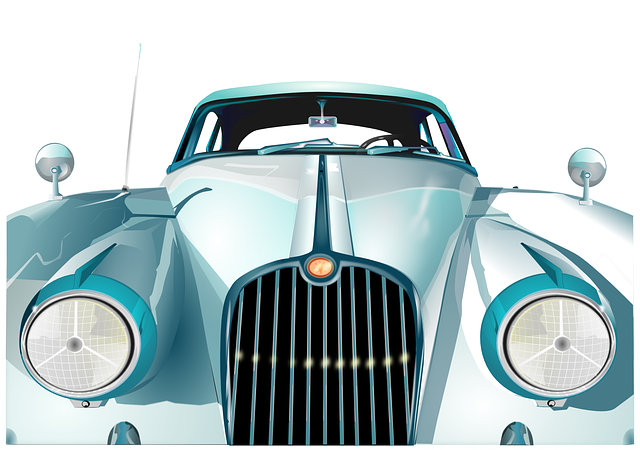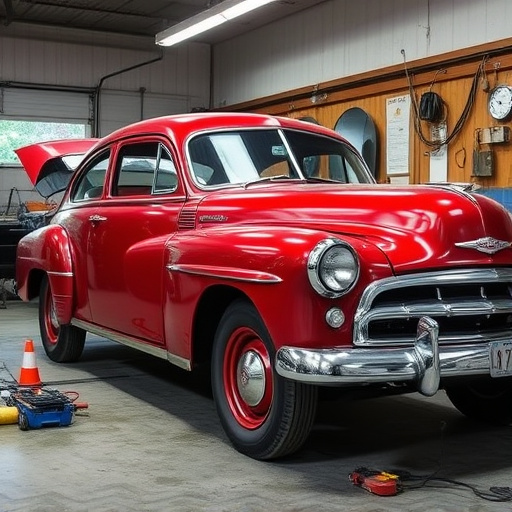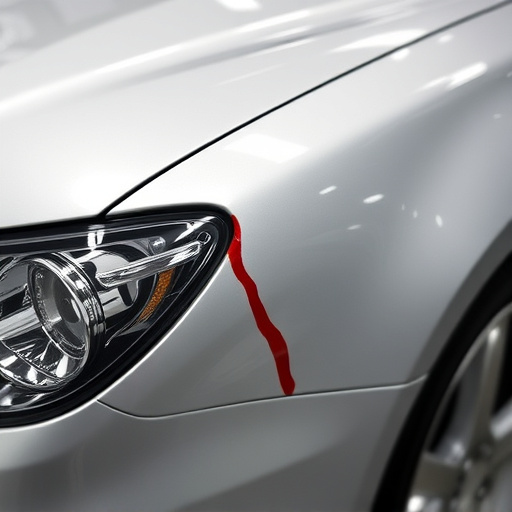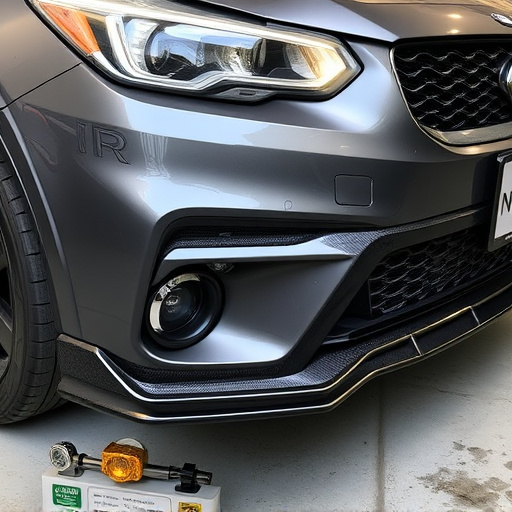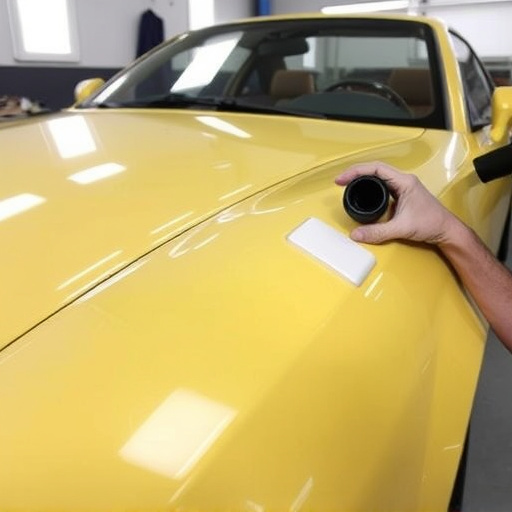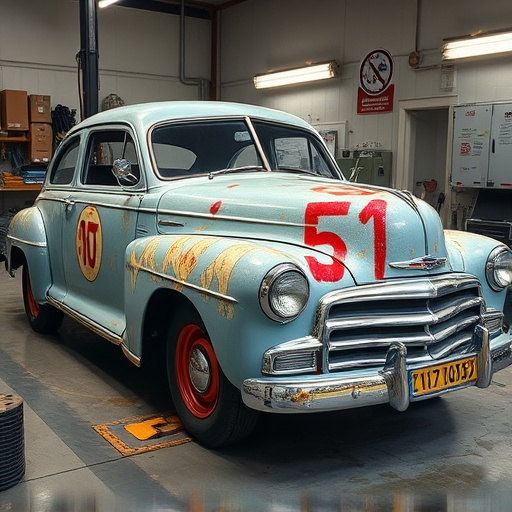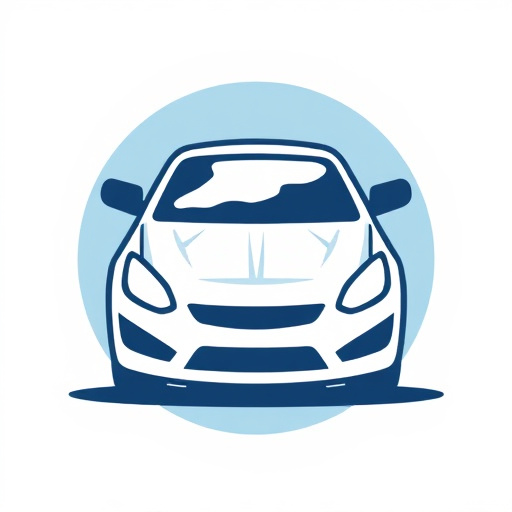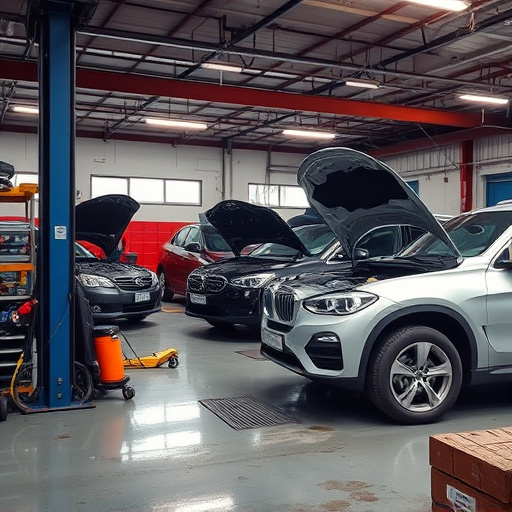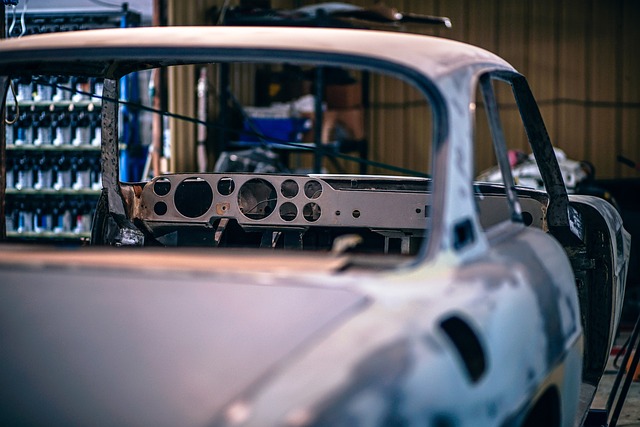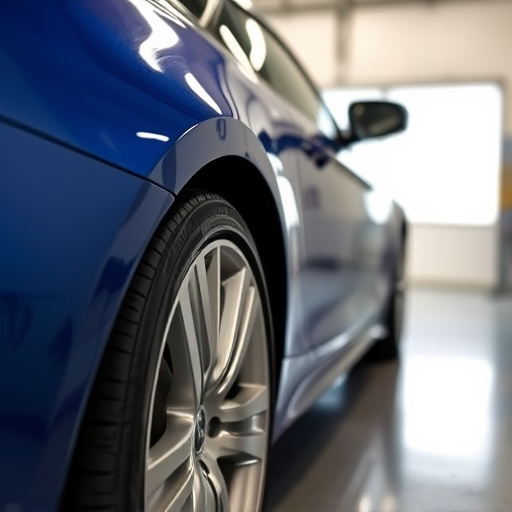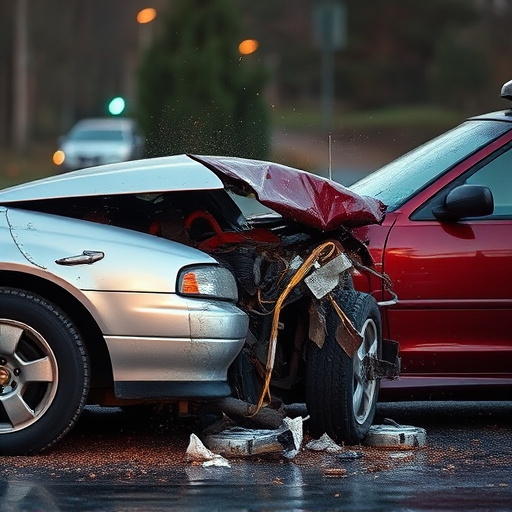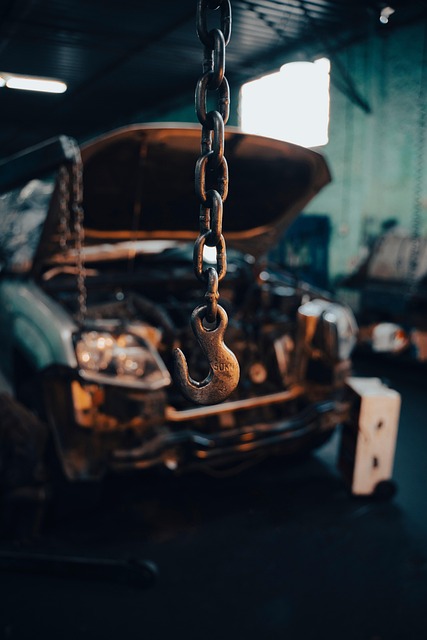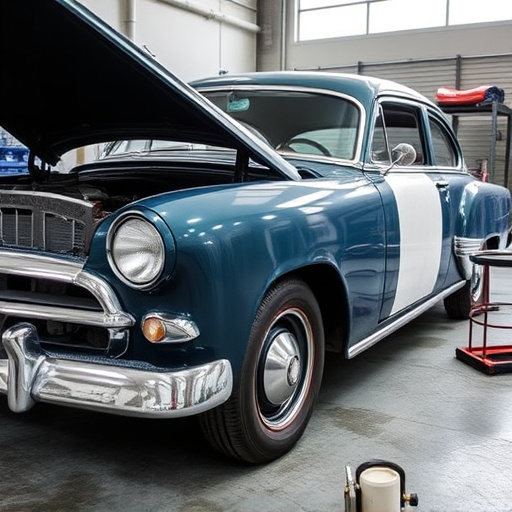Corrosion, a natural metal degradation process by water and oxygen, severely impacts durability and performance in vehicles, machinery, and infrastructure. Understanding corrosion types (galvanic, crevice, uniform) is vital for selecting appropriate anti-corrosion materials during repairs, preventing water penetration and rust formation. In the automotive industry, ignoring corrosion compromises structural safety and aesthetics, making effective anti-corrosion material choice crucial for long-lasting repairs, from minor scratch repair to complex frame straightening. The selection of anti-corrosion materials requires a nuanced approach based on specific application and environmental conditions, including weather resistance, surface compatibility, aesthetic goals, durability, cost-effectiveness, and ease of application. Galvanized steel, aluminum, and synthetic plastics like polypropylene and ABS are popular anti-corrosion material choices due to their properties and applications in vehicle body shop repairs.
Selecting the optimal anti-corrosion materials is paramount for ensuring structural integrity and extending the lifespan of repairs. This article guides you through the essential steps of understanding corrosion, its far-reaching effects on various surfaces, and the critical factors to consider during material selection. We explore a diverse range of anti-corrosion materials, highlighting their unique properties and applications, empowering you to make informed choices for robust and lasting repairs.
- Understanding Corrosion and Its Impact
- Factors to Consider When Choosing Materials
- Common Anti-Corrosion Materials and Their Applications
Understanding Corrosion and Its Impact
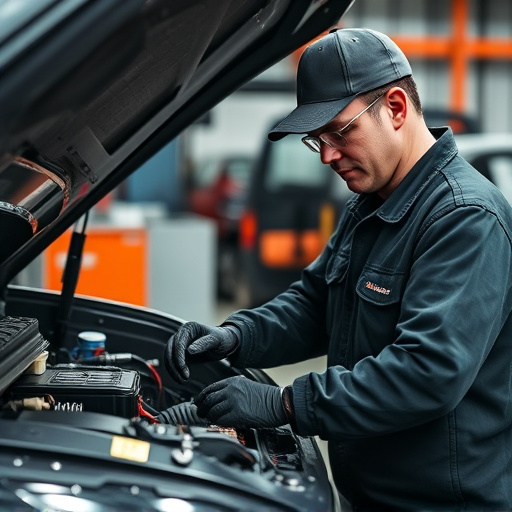
Corrosion is a natural process that occurs when metals interact with substances like water and oxygen, leading to a degradation of their structural integrity. This phenomenon can significantly impact the durability and performance of various components in vehicles, machinery, and infrastructure. Understanding corrosion is crucial when selecting anti-corrosion materials for repairs. Different forms of corrosion, such as galvanic corrosion, crevice corrosion, and uniform corrosion, require specific solutions to mitigate their effects. For instance, in a vehicle repair scenario, addressing car scratch repair or frame straightening might involve using protective coatings designed to prevent water penetration and subsequent rust formation.
The impact of corrosion is far-reaching, especially in the automotive industry where it can compromise the structural safety and aesthetic appeal of vehicles. In the case of vehicle repair, choosing the right anti-corrosion materials is essential for ensuring the longevity of repairs, whether it’s for a simple car scratch repair or more complex frame straightening. This involves selecting products that provide effective barriers against moisture and chemicals, thereby slowing down the corrosion process and extending the life of the repaired components.
Factors to Consider When Choosing Materials
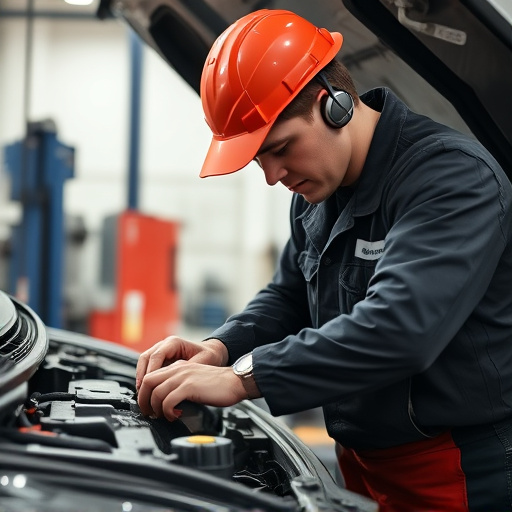
When selecting anti-corrosion materials for repairs, several key factors come into play. Understanding the specific application and environmental conditions is paramount. For instance, materials used in vehicle restoration or car dent repair require different properties than those employed in car paint services. Each project has unique demands, be it resistance to harsh weather conditions, compatibility with existing surfaces, or specific aesthetic requirements.
Moreover, the choice should consider the material’s longevity, cost-effectiveness, and ease of application. In the realm of vehicle restoration, for example, durable anti-corrosion coatings that can withstand frequent exposure to moisture and varying temperatures are essential. Conversely, car paint services might opt for materials that offer precise color matching and a smooth finish while ensuring long-lasting protection against minor dents and scratches.
Common Anti-Corrosion Materials and Their Applications
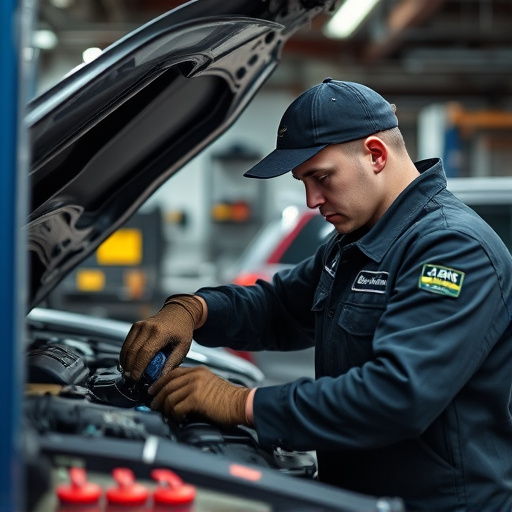
In the realm of vehicle body shop repairs, selecting the appropriate anti-corrosion materials is paramount to ensuring lasting durability and preventing future car damage repair issues. Common anti-corrosion materials include galvanised steel, aluminium, and various types of plastic. Galvanised steel, with its protective zinc coating, is widely used for structural components due to its ability to withstand harsh conditions, making it ideal for external panels and frames in vehicle body shops.
Aluminium, known for its lightweight yet robust nature, has gained popularity in modern car manufacturing and subsequent repair processes. Its excellent corrosion resistance, coupled with good thermal properties, makes it suitable for both external and internal applications, especially in the repair of dents and scratches (dent removal). Synthetic plastics, such as polypropylene and ABS, are also prevalent choices due to their low maintenance requirements, durability, and versatility, often used in protective coatings and components that require a high level of aesthetics.
When selecting materials for repairs, prioritizing anti-corrosion properties is essential to prevent future damage. By understanding corrosion’s effects and considering specific application needs, you can choose the most suitable anti-corrosion materials from the diverse options available. This comprehensive approach ensures long-lasting, durable repairs in various industries.
